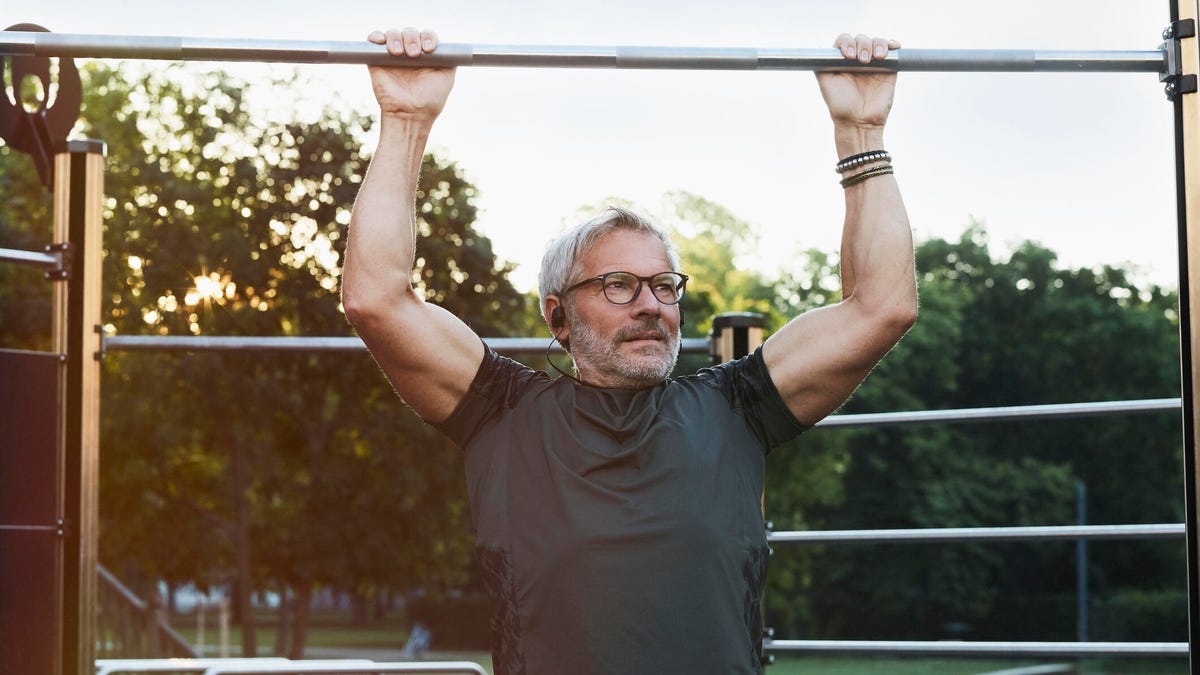The Merits of Minimum Exercising
"We wondered, if we chose a very low threshold of exercise what would we see?""It was surprising and encouraging [to see these effects, that a larger frontal parietal and occipital lobes resulted from exercising, signalling a healthy robust brain].""Exercise, in effect appears to aid in building and backing a] structural brain reserve [acting as a buffer of additional cells and matter with the potential to protect from inevitable decline in brain size and function that occurs with age]."Cyrus A. Raji, associate professor of radiology and neurology, Washington University, St.Louis, Missouri

A mere 25 minutes weekly, which comes to four minutes daily has the potential to bulk up brains, improving the capacity to think as people become older. A new study found that those who walked, swam, cycled or otherwise worked out moderately for 25 minutes weekly had larger brains than those who did not, of any age. The equation of bigger brains is brains that are healthier. The study scientists scanned the brains of over ten thousand healthy men and women, aged 18 to 97.
"This is an exciting finding and gives us more fuel for the idea that being physically active can help maintain brain volume across the life span", enthused professor of biological sciences and anthropology at the University of Southern California, David Raichlen. Although he was not involved in the new study, he is involved in studies of brain health.
The researchers found that differences between the study subjects were most pronounced in areas of the brain identified with thinking and memory functions, both of which often tend to shrink with age, contributing to cognitive decline and dementia risks. Dr. Raji and his colleagues were aware that older people who remain physically active are much less likely than those who are sedentary to develop Alzheimer's disease, or other kinds of cognitive decline and memory loss.
With the understanding that most people as they age tend to avoid exercise, the thought occurred; would less -- significantly less even -- exercise still be involved in helping to build healthier brains? In most formal exercise guidelines 150 minutes weekly is recommended to achieve optimum mental and physical health. Would 25 minutes of weekly exercise a week help to do the same, even though it would represent a sixth of the exercise guidelines?
 |
Seeking an answer to an intriguing and potentially very useful bit of knowledge, he and his colleagues studied brain scans for 10,125 mostly healthy adults of all age groups who had taken diagnostic tests at the university medical centre and had provided information relating to their medical histories; how often and how strenuously they had exercised in the past several weeks. For the study's purposes the patients' records were divided into those who had exercise for at least 25 minutes weekly, and those who had not.
Scans were then compared with the assistance of artificial intelligence, searching out differences in brain volume, or how much space a brain and its constituent parts take up, knowing that greater volume is desirable generally. Although the differences that were found weren't huge, according to Dr. Raji they had significance in the pattern that emerged where men and woman of any age who exercised for at least 25 minutes weekly had for the most part greater brain volume than those who did not.
In every type of brain tissue including grey matter made up of neurons and white matter, the researchers found that exercisers possessed greater volume throughout the brain's wiring infrastructure which supports and connects thinking cells. Exercisers tended to possess a larger hippocampus, that portion of the brain essential to memory and thinking, which usually shrinks with age, affecting the ability to reason and recall.
How it is that exercise might be altering brains is not addressed in the study, but given the number of scans studied along with the wide age range, Dr. Raji is of the firm opinion that the effects of exercise were real and direct. Those involved in the study believe exercise reduces inflammation in the brain, encouraging the release of neurochemicals promoting the creation of new brain cells and blood vessels.
 |
| Seniors exercise at the Kiwanis Seniors' Centre in London, Ont. (Celine Moreau / CTV London) |
Labels: Ageing Healthily, Alzheimer's, Brain Decline, Exercising

0 Comments:
Post a Comment
<< Home